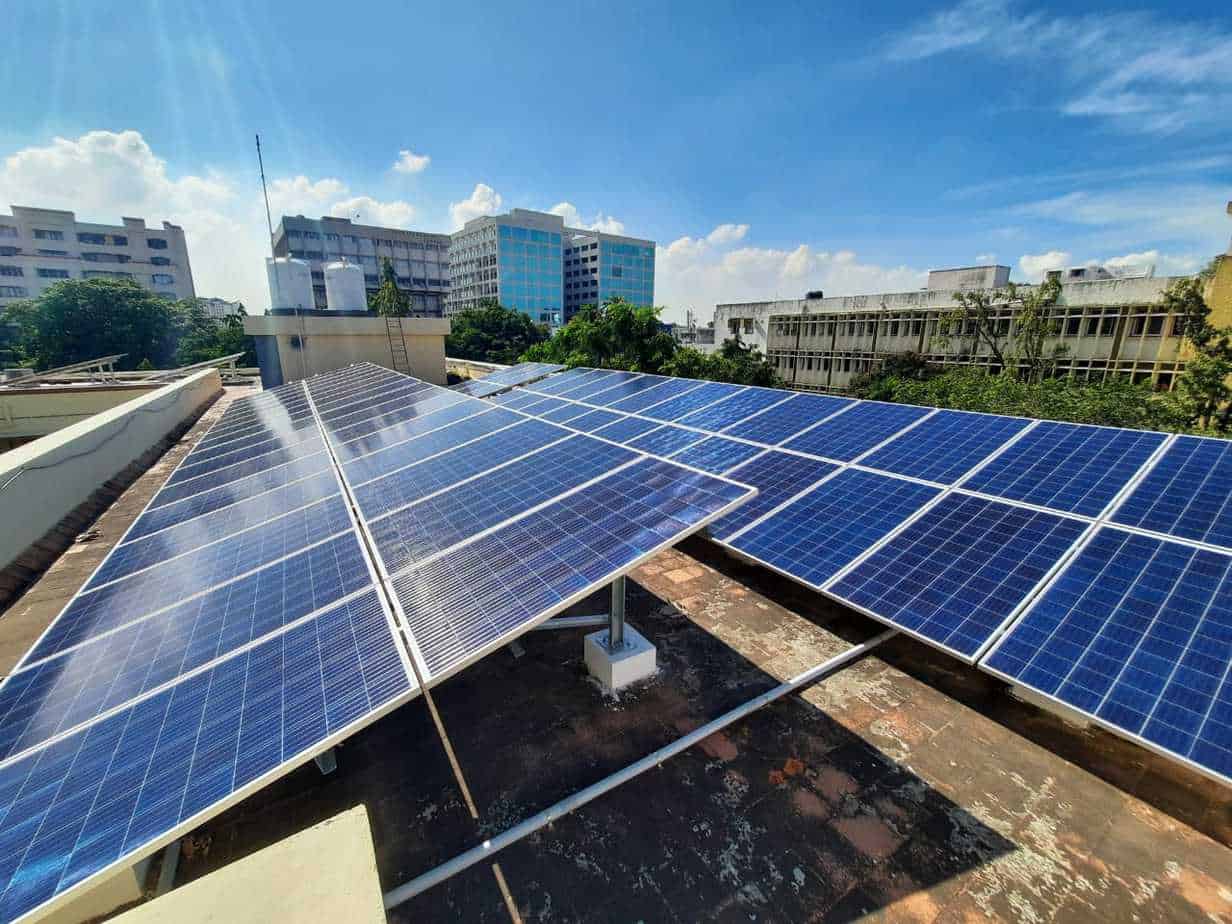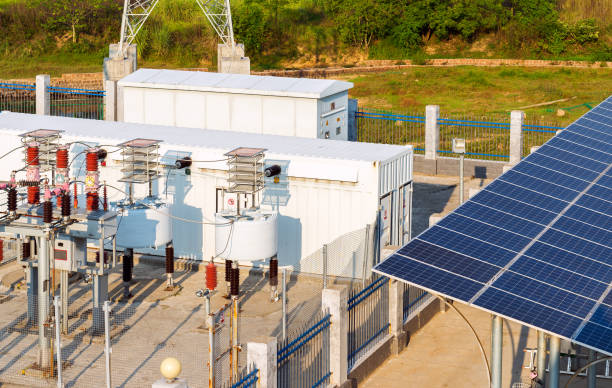The emergence of renewable energy due to the increased concern of climate change and the burden to achieve sustainable development goals pushes India to be one of the leading nations that have adopted pollution-free energy production to decrease its carbon footprints. One of the crucial sources of maximum renewable energy generation is solar energy.
Moreover, India, being a tropical nation, receives surplus sunlight that can be the source to generate electricity. This electricity will not only benefit economic growth but also decrease the carbon footprint. The source of clean energy has many other advantages, described below.
Advantages of Rooftop Solar Panel installation
The main benefit of installing a rooftop solar panel is its cost-effectiveness. The tariff rates are much cheaper than conventional electricity. Rooftop solar installations are becoming increasingly affordable in many residential areas of India, reaching grid parity. Building owners can benefit from these installations by significantly reducing their electricity bills. With rooftop panels supplying electricity to buildings, the need to rely on grid power is reduced, leading to substantial savings on energy costs. It’s an excellent way to promote sustainability while enjoying renewable energy’s financial advantages.
- Safe and secure investment– Due to the fluctuation in electricity prices from time to time, it is challenging to calculate the expenditure on electricity for the selected period. However, this is different from the case of solar rooftops. The prices are almost stable and can be calculated easily. This feature makes it a secure investment.
- Increased access to energy– After the “SAUBHAGYA” scheme by the government of India, many rural households got electricity connections, but some areas were without electricity. To avail of this universal electrification, easy access to electricity is provided. This will provide a reliable energy source and prevent the harmful effects caused by using diesel generators while delivering electricity. Solar rooftops are Eco-friendly, and their operational cost is also stable.
- Assistance from the Government- The government of India provides subsidies to the people for installing solar rooftop panels. Moreover, the government offers tax credits for residential and commercial installations. According to MNRE, around 30% of the installation cost is provided to the installer as a subsidy to promote solar energy.
- Reduces the carbon footprint– The generation of solar energy is through direct sunlight, thus posing less chance of pollution in comparison to the conventional source of energy. Unlike the generators, they don’t produce noise pollution, and there is no emission of harmful gases, reducing the carbon footprint.
- Green energy– Adopting eco-friendly items is in trend these days. All consumers, whether residential or commercial, are willing to contribute towards preserving the environment and adopting environment-friendly investments.
- Low maintenance cost– The main feature that accentuates the vitality of the solar rooftops is their low maintenance cost. If installed by an eminent company, it has a service life of over 30 years.
- Ideal for the Indian climate– Solar panels harness energy directly from the sun, and India is situated at a tropical location, receiving ample sunlight. Hence, this point makes India a suitable player for solar energy generation.
- Applications of solar power– Apart from electricity generation, solar power has various other purposes too. It can be used to run electric generators and heat water.
- No issue for extra space– One of the most significant advantages of solar rooftop installation is that there is no need for additional space. It can be installed on any type of roof. There is no need to buy extra land for its installation. Further, these rooftops protect the roofs of the commercial and residential areas.
Conclusion
Rooftop solar systems offer more than just electricity generation. They can also heat water and provide warm air for buildings and institutions. In India, where sunlight is abundant throughout the day due to its tropical climate, rooftop solar installation has become a convenient and reliable renewable energy source. While the initial installation cost may raise concerns, various options are now available to the public to help reduce this burden.
To unlock the incredible benefits of solar energy, selecting the right solar energy company is crucial. Choose a technologically advanced and professionally managed Solar Company that provides turnkey and capital expenditure-free energy solutions. They should cater to many customers, including homeowners, business owners, government institutes, and commercial establishments. Hartek Group has successfully deployed numerous rooftop solar plants across India and has gained a reputation for using top-notch equipment, delivering flawless installations, and providing exceptional after-sales services.
Frequently Asked Questions
1. Why is rooftop solar a good investment?
Rooftop solar is a cost-effective, stable investment that reduces electricity bills, offers government subsidies, and has low maintenance costs with a lifespan of 30+ years.
2. How does rooftop solar reduce carbon footprints?
Solar panels generate electricity directly from sunlight, producing no harmful emissions or noise pollution, making them an eco-friendly alternative to conventional energy.
3. What government subsidies are available for rooftop solar in India?
The Indian government provides subsidies of up to 30% for solar panel installation through MNRE, along with tax credits for residential and commercial setups.
4. Can rooftop solar panels be installed on any type of building?
Yes, rooftop solar panels can be installed on residential, commercial, and industrial buildings without requiring additional land, making them space-efficient.
5. What are the additional benefits of rooftop solar apart from electricity?
Beyond electricity generation, rooftop solar can be used for water heating, running electric generators, and providing warm air for buildings and institutions.
Share:
Explore More
Keep up-to-date with the most trending news stories that are shaping the world today.








